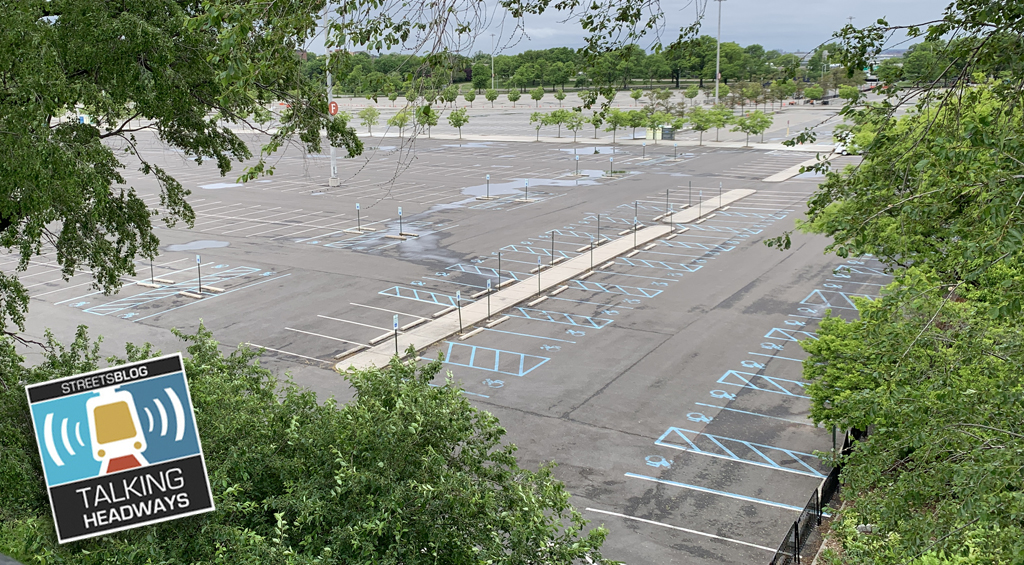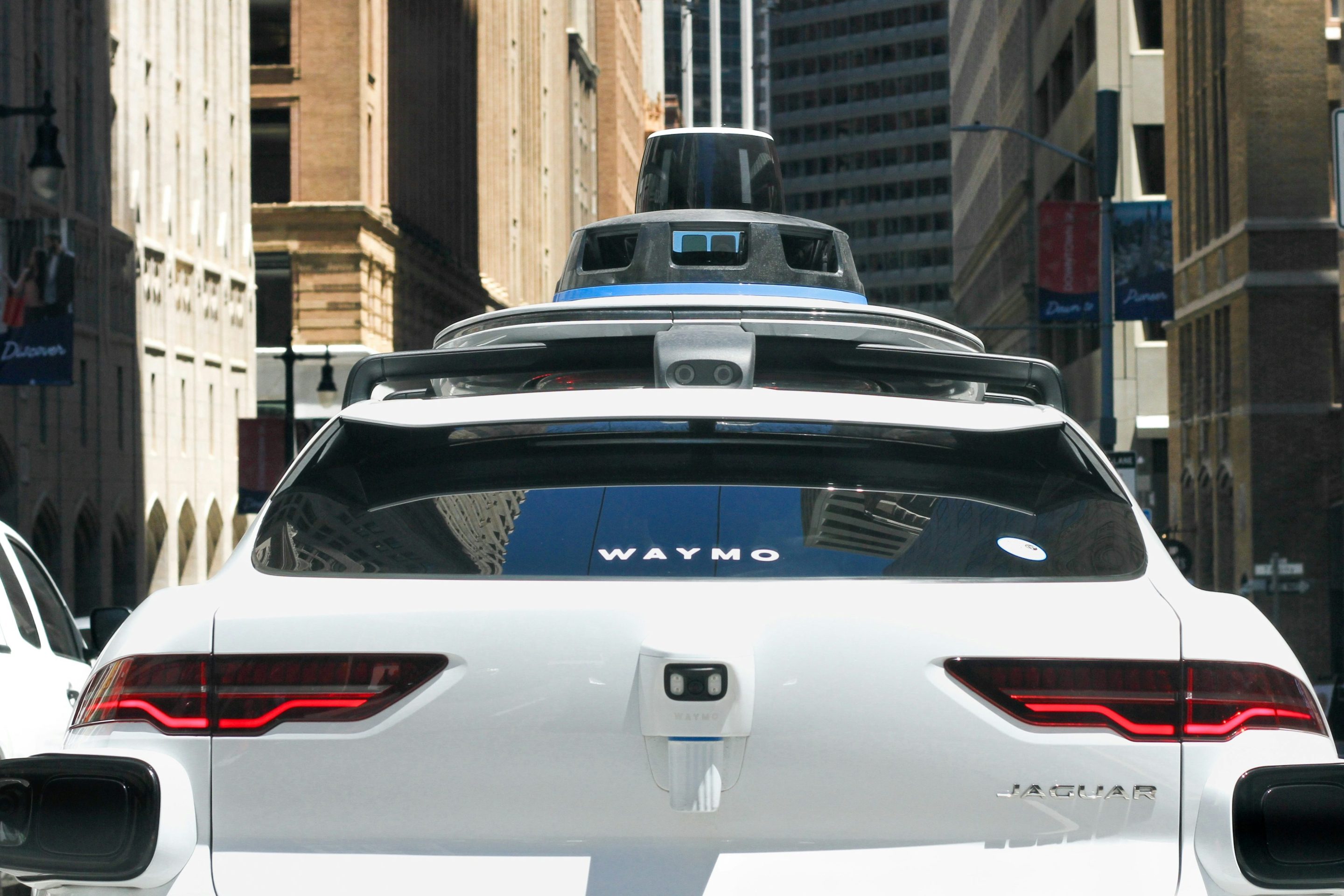There's been a lot of talk around the Streetsblog Network blogs about Monday's New York Times article, "Across Europe, Irking Drivers Is Urban Policy."
For a lot of people the information was inspiring. Others questioned when Europe's approach would catch on to a greater extent in the United States.
For Rob Pitingolo at Network blog Extraordinary Observations, the whole pretense of a dichotomy separating drivers from non-drivers was off-putting. Rob writes that the distinction between a driver and a pedestrian isn't as cut-and-dried as the article makes it out to be. Nor do policies that discourage driving in fact penalize motorists:
It's fairly well established that building and building road and highway infrastructure induces demand and makes life marginally worse for many motorists. But it's counter-intuitive to think that all this spending is bad for the people it purports to benefit, so it's an easy political sell. A similar point could be made about parking fees and tolls. These are always spun as being anti-motorist, even if they improve efficiency for the people who use them. Nobody wants to pay for something that they could get for free - I get that. Sometimes, though, you just can't get something for nothing.
Ultimately, this comes back to the belief that people subscribe to a single transportation ideology and rarely or never deviate from it. If a local government closes a street and makes it exclusively for pedestrians, that's bad for drivers and great for walkers. But what makes someone a driver or a walker? Does a person who drives most places never walk? Does a person who walks most places never drive?
I often see and hear comments like, "I would walk/bike more if it were safer or easier or more convenient." So it's reasonable to believe there's at least some interest in these things, even among people who literally drive everywhere.
These types of policies are often branded as "social engineering" by critics in the United States. But if the basic mechanism is simply to make the full costs of driving more transparent, and the result is to give everyone, including drivers, quicker commutes and more transportation choices, you've gotta wonder: What's all the complaining about?
Elsewhere on the Network today: Using data on fatality rates among drivers of small cars, Bike Delaware refutes the argument that bad behavior among cyclists is the reason for their increased risk. The City Fix outlines the controversy over a highway expansion project in Glasgow, Scotland. And the Transport Politic says the tension between freight and passenger rail may not be as big an obstacle in the United States as it is often made out to be.






